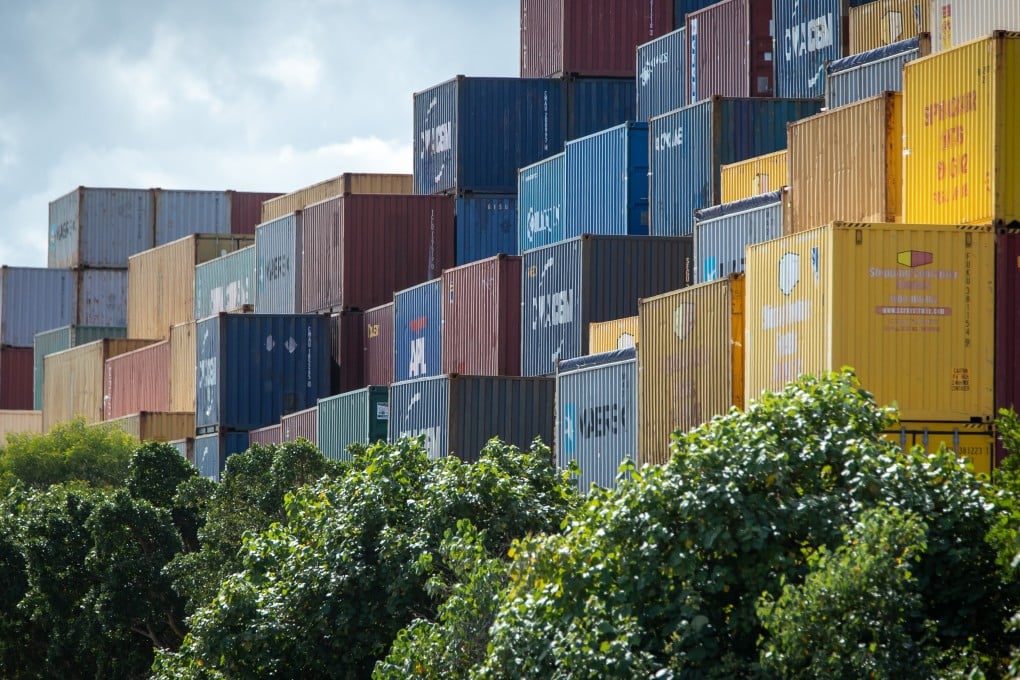China-Australia relations: trading relationship still strong with growing divide between ‘rhetoric and reality’
- China’s total imports from Australia in May rose more than 55 per cent from the previous month to US$13.6 billion, while exports rose just over 1 per cent
- The Australian Chamber of Commerce and Industry says political posturing between the two countries does not reflect the actual appetite for trade

Australian businesses say there are signs the trade relationship with China will not collapse as exports and imports between the two countries continue to be healthy despite bans on certain products.
China’s total imports from Australia in May rose more than 55 per cent from the previous month to US$13.6 billion, while exports rose just over 1 per cent to US$4.9 billion, according to Chinese data released on Monday.
In an in-depth survey of businesses released late last week, exporters told the Australian Chamber of Commerce and Industry that despite finding “business as normal” with China impossible – particularly after Beijing unofficially banned several Australian products, including wine, barley and log timber – political posturing between the two countries did not reflect the actual trading appetite.
Exporters were confident the China-Australia Free Trade Agreement (ChAFTA) – which has led to an explosion of Australian exports to China over the past six years – would remain intact and indicated “the divide between both the rhetoric and reality will continue to grow”.